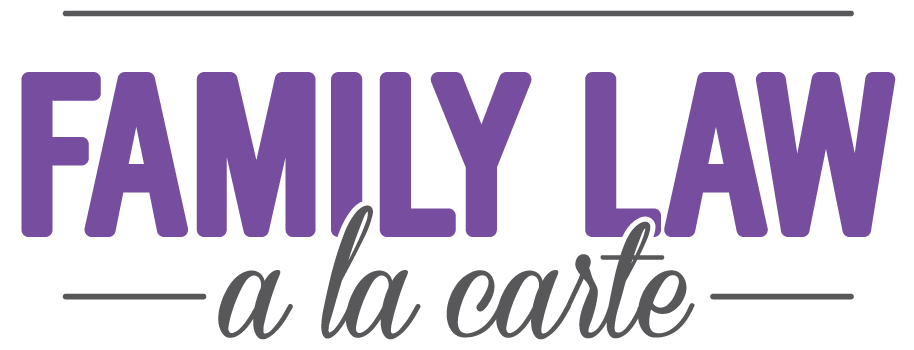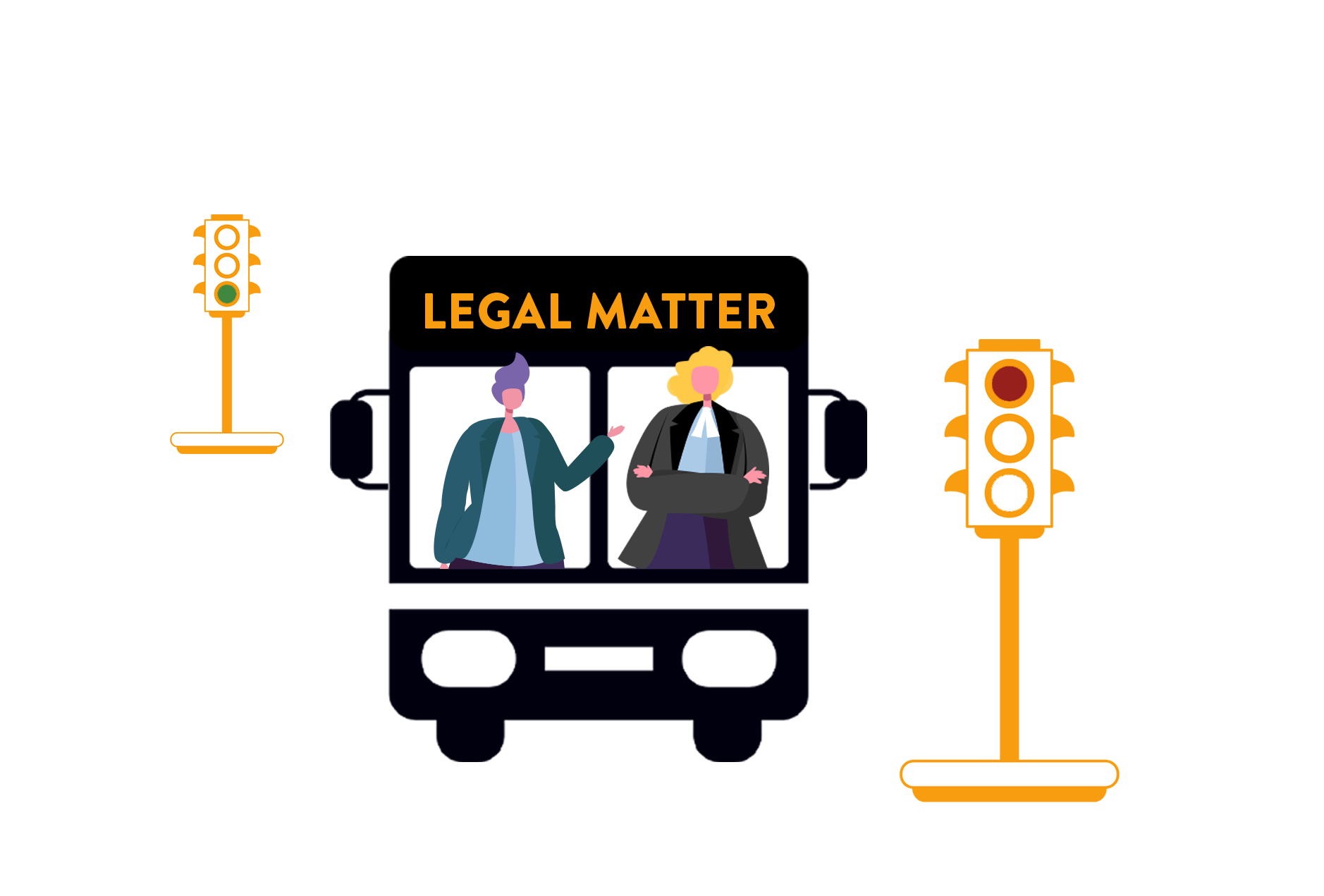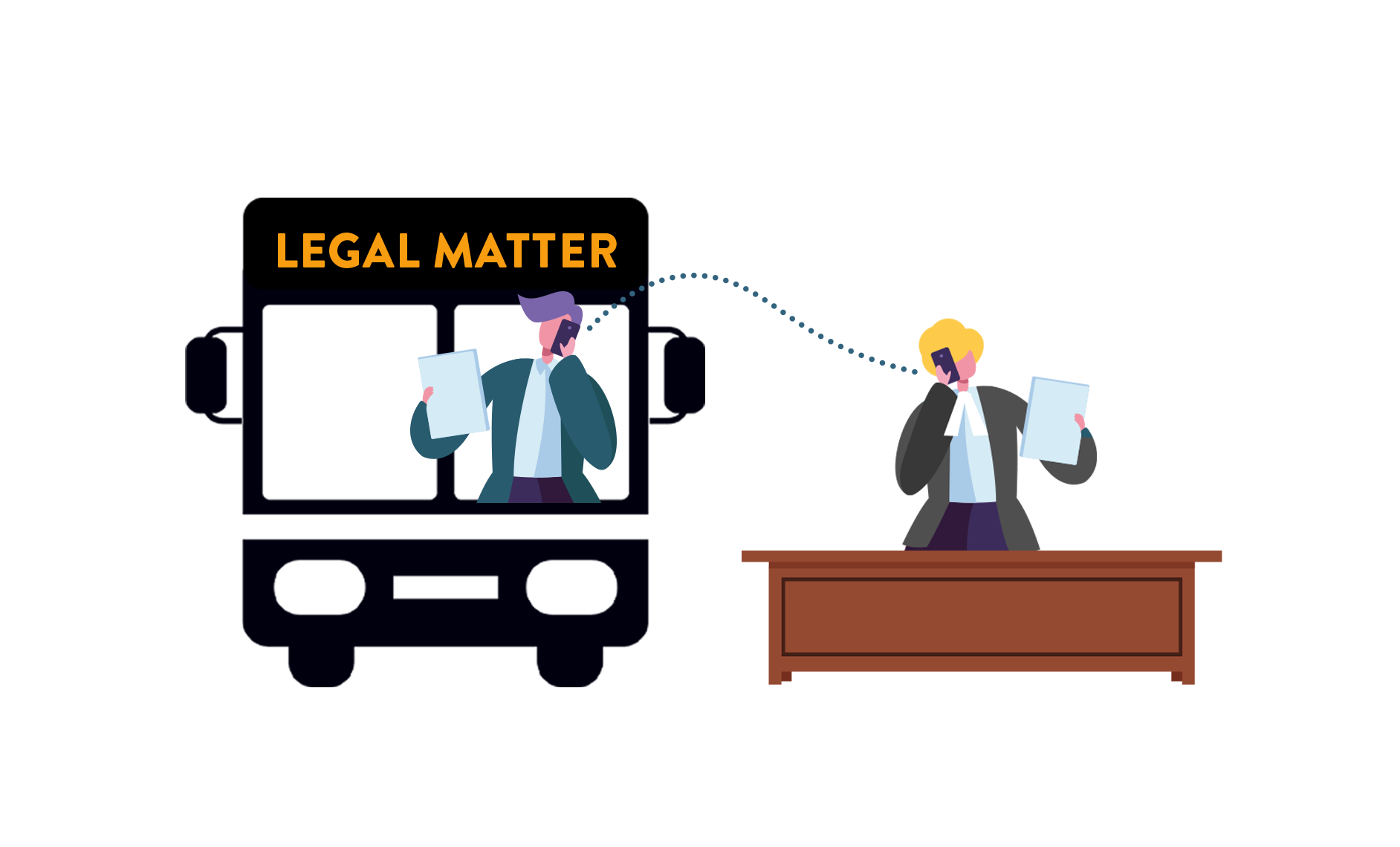“You get in a lot of trouble when you start putting fictitious numbers on value.”
– Warren Buffett
Almost every family law matter involves some form of financial disclosure. As I have said before: it has to be honest and it has to be complete. Failure to do it properly comes with big costs. But financial statements can be complicated and hard to understand. Making financial disclosure can be daunting.
You can hire a lawyer on a limited scope basis to prepare your financial statement and disclosure for you. This helps to ensure that it is being done properly. It gives you a solid base from which you, as a self-represented person, can build if and when you need to update your disclosure as the case moves along.
You can hire a lawyer on a legal coaching basis to explain to you what information is to be included on a financial statement, where to get that information, how best to prepare your disclosure, or how to understand the financial information you’ve received from the other party.
Either way, failing to understand how to prepare and review financial disclosure can cost you thousands of dollars.
Check back next week, ‘G’ is for …














